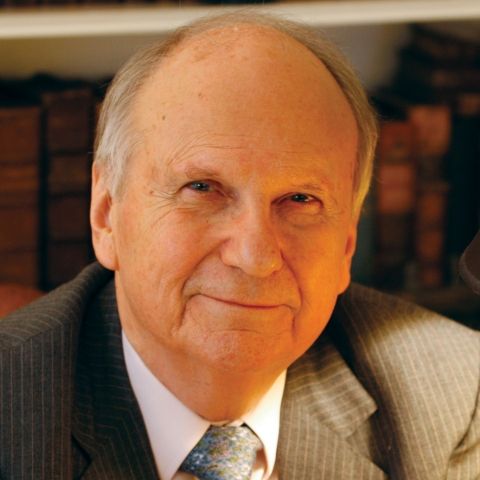
In his Holmes Devise Lecture, "General Propositions and Concrete Cases," Professor Cass R. Sunstein looks at two phenomena arising in legal reasoning. The first is agreement on an abstraction, without agreement on what that abstraction entails. The second is agreement on a judgment in a concrete case, without agreement as to what considerations account for the judgment. Professor Sunstein describes these agreements as being "incompletely theorized."'
In this Comment on Professor Sunstein's lecture, I will focus on the first of the two phenomena-incompletely theorized agreement on a general proposition. Specifically, I consider written constitutions-their drafting and their text-to suggest reasons why constitutional provisions may be indeterminate. What factors account for constitutional propositions being incompletely theorized? My interest here is in why constitutions are the way they are-what drafters do, and why.